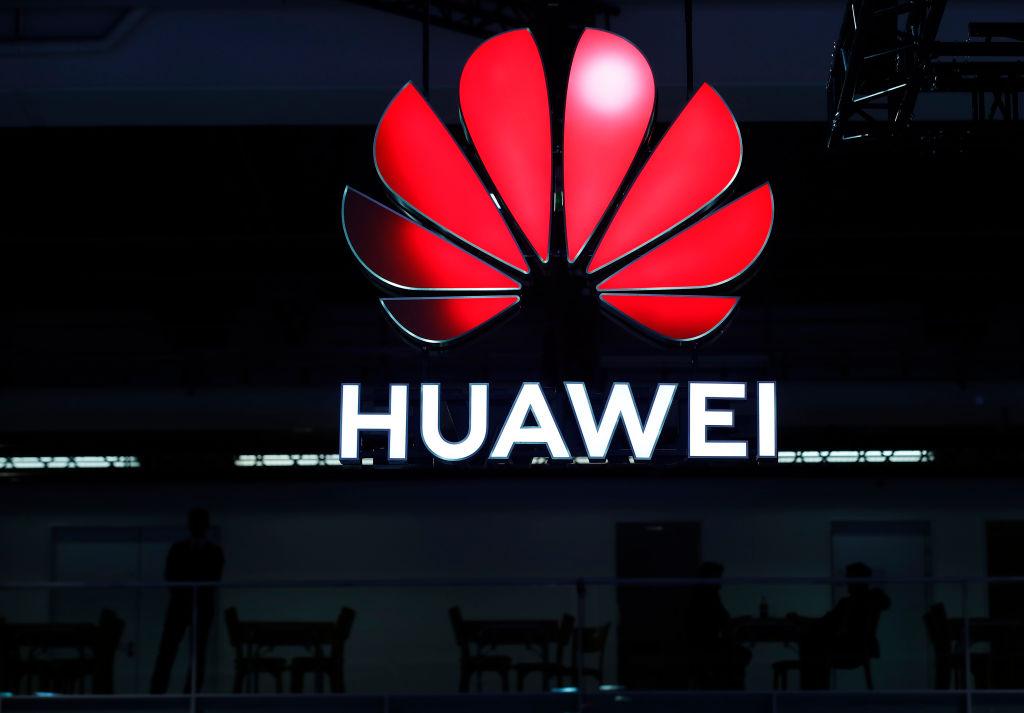Multiple State Department officials warned of the threat posed by the Chinese Communist Party (CCP) in the emerging 5G network race, noting that the United States is working on a “broader strategy to provide trusted alternatives” to Chinese telecommunication companies.
The warnings, made during a July 9 virtual discussion titled “5G: The Future of Digital Connectivity and Commerce,” comes as the Federal Communications Commission (FCC) formally designated Chinese companies Huawei and ZTE as national security threats.





